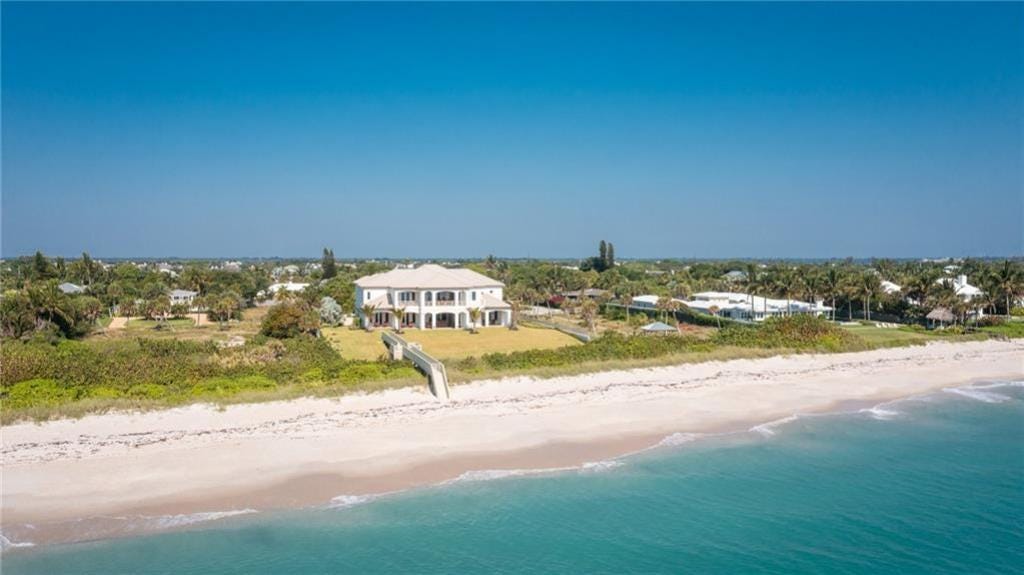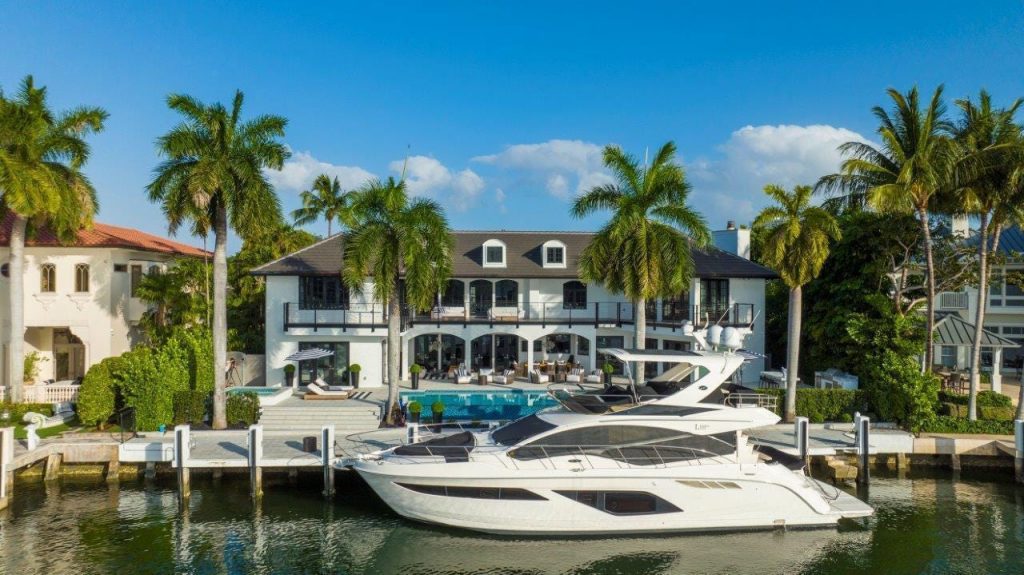- The housing market is beginning to feel some effects of rising inflation and interest rates.
- Even luxury buyers are expected to cut back on million dollar homes, according to an agent.
- But overall, cash purchases and low supply will keep them buying homes at a similar rate.
Buyers of luxury properties are likely to change their behavior amid worsening economic conditions, but they'll still come off better than the average buyer, the boss of a luxury Florida agency has said.
Gerard Liguori is the co-owner of Premier Estate Properties, a Florida-based brokerage that sells properties exclusively in excess of $1 million in value, alongside twin brother Joe Liguori, and Carmen N. D'Angelo, Jr. He told Insider that his buyers weren't likely to be entirely shielded from the current economic headwinds.
Premier Estates, with offices in Florida locations including Boca Raton, Fort Lauderdale, and Palm Beach sold $3.1 billion worth of property last year, and its average sale value is around $8 million, according to Liguori.
'Instead of buying a $10 million home, they may buy a $7 million home'
Analysts are largely in agreement that a housing bubble isn't currently engulfing the US market, with 22 out of 32 experts telling Insider it was unlikely. But it doesn't mean frugality isn't returning. Home sales plunged 17% last month, indicating cooling sentiment among buyers, while Insider's William Edwards reported an economist who predicted the last bubble saying house prices would likely fall.
Liguori said these headwinds were beginning to move up to a lot of his buyers. "People realize they don't have as much purchasing power, and sales are slowing up in all sectors," he said. "It hasn't hit our market quite yet, but I'm sure that it will."
Liguori said the company saw strong growth last year following a migration of wealthy buyers from New York, Chicago, and California. But a downturn in the stock market now threatens those buyers' spending power, Liguori said.
The S&P 500, the index tracking the top 500 public US companies, has lost more than 17% of its value since the start of the year, while the NASDAQ 100 has lost more than a quarter. That, Liguori said, could impact sales, with buyers either investing or working directly in stock markets.
Liguori cited an example of a client who works in New York, who was holding off a purchase in the Hamptons for more than $1 million.
"A few months ago we would have had it done, but now, because of the stock market there's a little more hesitation," Liguori said, indicating that homes going for between $1 million and $3 million were more reliant on financing.
At the higher end, Liguori added clients may show some restraint. "Instead of buying a $10 million home, they may buy a $7 million home," he said.
More cash, fewer problems

But rich homebuyers, in general, will be largely shielded from the headwinds faced by the average buyer.
Millions of Americans are thought to have been priced out of the housing market this year by rising interest rates. But most buyers of luxury homes, Liguori said, were purchasing with cash. This means they would be insulated from mortgage rate increases.
Indeed, with inflation rising, Liguori said buyers had an incentive to put cash into assets before it becomes devalued, while homes, he said, offered a safer investment than stock markets right now.
"A lot of people want to diversify their portfolio," Liguori said. "So sometimes when the stock market comes down, they'll diversify into real estate, or gold. So that has a little bit of an offset."
The final reason was supply. Like the wider market, where housing supply is near record lows, Liguori has watched the company's inventory half over the last year, resulting in homes that sold for $600 per square foot last year going for $1,200 per square foot now.
In turn, Liguori suggested, the problems pricing out the average first-time buyer would likely work to embolden luxury purchases. In other words, housing inequality won't be corrected by a possible downturn.
